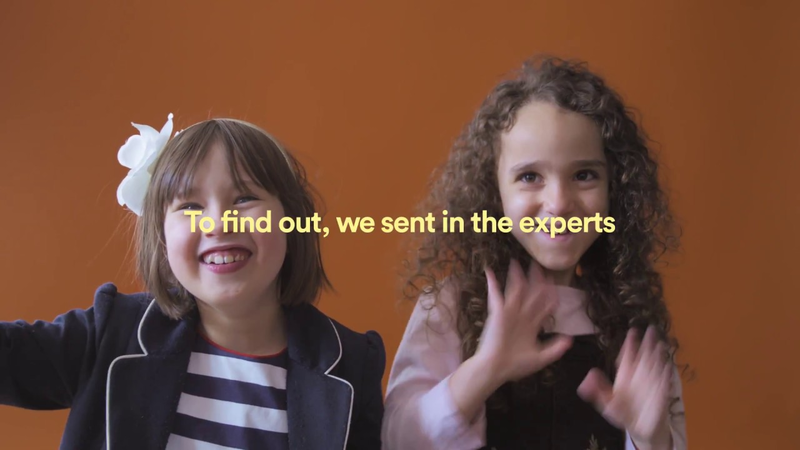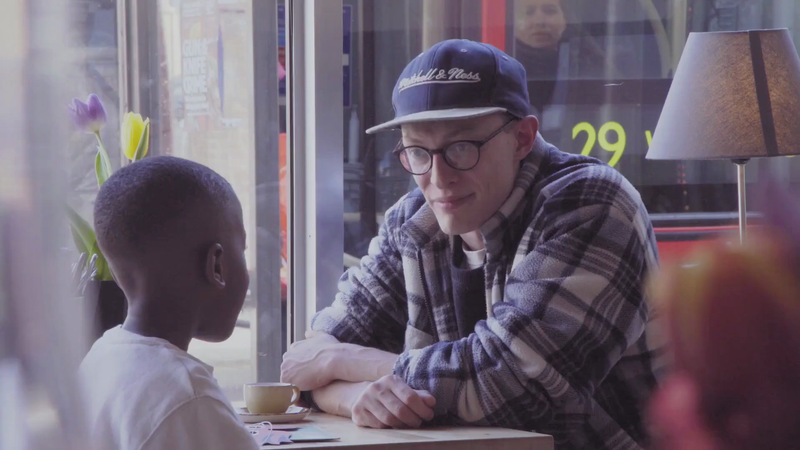Charity ‘Campaign To End Loneliness’ is encouraging more people to interact offline
Thanks to the digital age, finding connections is never more than a click away.
Tot up your Facebook friends and the chances are it adds up to the hundreds. (The average Facebook user has 338 friends, to be exact). Or, if you’re finding your Facebook life lacking, you can always hunt down connections on Instagram, Twitter, YouTube, Pinterest… the list goes on. For the more social media savvy members amongst us, follower counts can amass the thousands.
Social media has us more connected than ever before. And yet so many of us are still lonely.
Loneliness has long been acknowledged in the elderly with more than half a million older people go up to a week without seeing anyone, according to Campaign To End Loneliness. But more recent findings suggest that young adults are also prone to feelings of isolation. A recent study by the Office for National Statistics found that young people aged 16-24 felt lonely more often than any other age group of adults. Lonely millennials are more likely to experience mental health problems as well as employment issues.
Loneliness is not just something that affects older people – it is something that can touch us all at some point in our lives - Andy Burnham
The loneliness epidemic, as it is now becoming known, is estimated to affect as many as 9 million people in the UK according to the Jo Coxx Comission on Loneliness. Health implications have also been scrutinised, with experts warning that the modern disease is more damaging to mental and physical health than smoking and obesity. To address the increasing problem, this year saw Theresa May appoint the new role of a Minister for Loneliness, tasked with the overwhelming challenge of ending loneliness once and for all – but how exactly do we do that?

In an age where we’re more likely to tweet someone than speak to them face to face, the Campaign To End Loneliness group believes that small actions can make a big difference.
“Our research shows that the majority of people believe that small moments of connection, that anyone can get involved with, are valuable [in fighting loneliness],” explains Laura Alcock-Ferguson, Executive Director of the Campaign to End Loneliness.
Whether it’s saying hello to a shop assistant or smiling at someone on the bus, the charity believes that these simple interactions can help break down feelings of isolation.
A recent poll from the charity revealed that over three quarters of adults in the North West (76%) believe that the UK is divided. Despite this, eight-in-ten (83%) agreed that small moments of connection, such as making small talk on the bus or smiling at people, can break down divisions. And almost nine in ten (89%) people agree that small moments of connection like these are a valuable way of tackling loneliness.
“Loneliness and isolation are on the rise, and people in the North West fear the UK is divided,” continues Laura. “The majority of people who think there is a division in society agree that if we made more time to connect, we’d be less divided.”
The research also revealed that almost half of adults (46%) in the North West say their busy lives stop them from connecting with people, with social media (14%) and technology (28%) amongst the biggest distractions. Sadder still, over half of adults admit that it has been a long time since they have made a new friend. In a world obsessed with social media, the results are not entirely surprising. Yet it is sad that the technology that has been designed to connect us has had the complete opposite effect.

To encourage more real life connections, the Campaign To End Loneliness recently launched ‘Be More Us’, a nationwide movement to inspire adults to engage with one another in a bid to break down the barriers that often contribute to loneliness. Through an uplifting video and social media campaign, viewers are encouraged to interact offline.
“Even in our busy lives, we can all do something. That’s why Be More Us will elevate small moments of connection, like saying hello to someone in your local shop or smiling at someone on the bus. Small moments count, and they should be celebrated. So, we urge everyone to support Be More Us. Get involved with your community or invite your older neighbour who lives alone for a drink. Let’s come together, and Be More Us.”
The charity is funded by the Big Lottery Fund and governed by five partner organisations, including Manchester City Council. Greater Manchester Mayor Andy Burnham commended the campaign:
“Loneliness is not just something that affects older people – it is something that can touch us all at some point in our lives, and it’s important we recognise just how damaging it can be. Social connections are vital to our health and wellbeing, and hugely important to our quality of life.
‘Be More Us’ reminds us just how vital these social connections are, so please show them your support and get involved."
Whilst there are a wealth of benefits from online interactions, followers are no substitute for friends. So, unless you plan on meeting your 300 Facebook friends for coffee, it's time to take your social life offline.
Find out more about Campaign to End Loneliness and the ‘Be More Us’ campaign here



